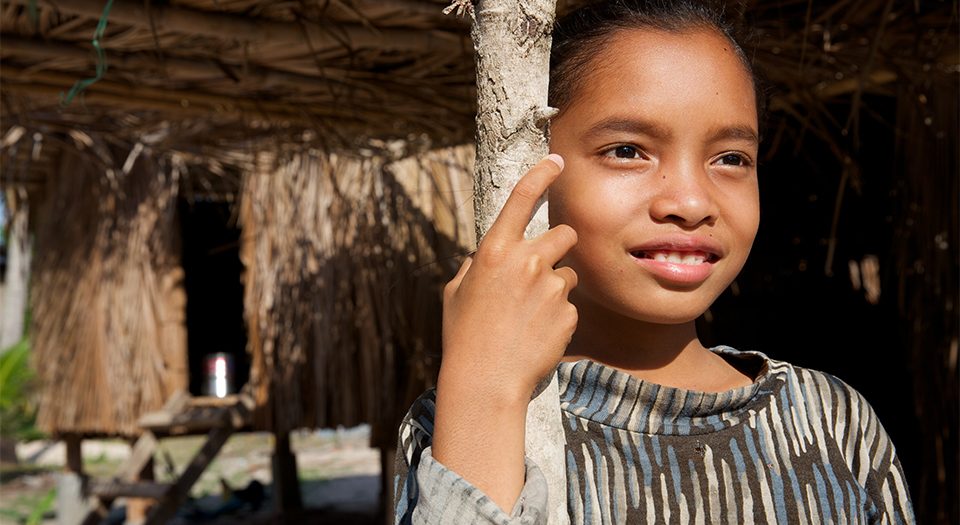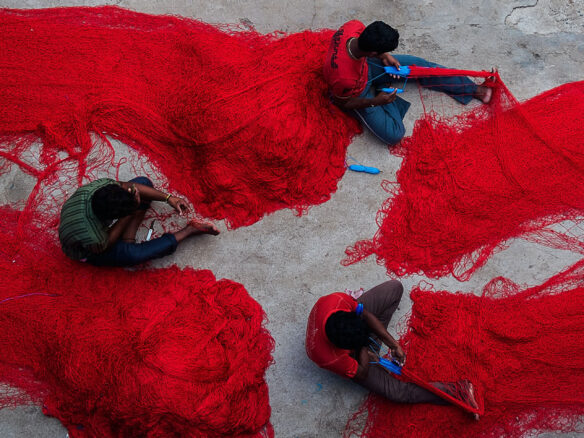The first phase of this partnership brought about remarkable results. Marginalized children and their communities adopted safe hygiene practices in relation to water and sanitation, for instance building and using latrines and hand washing with soap. There is now also sustainable access to and use of clean drinking water, i.e. improved water sources and water treatment techniques. In addition, the access to clean water has resulted in a reduced walking time to the water collection points, valued time that is now spent on income generating work instead.
Focus on women and girls
In the second phase of the project, the work was scaled up to reach more communities in Ratanakiri and there was an increased focus on meeting the needs and rights of girls. Girls and women are often the worst affected groups that do not have easy access to clean water and sanitation. Menstrual hygiene is one area that cannot be underestimated. Girls face huge taboos, just for having a period, and the inability to deal with menstruation in school premises means girls miss school each month. Clean water brings health benefits for girls and enables them to profit from increased access to education, and in the long run greater economic security and better protection from violence and stigma.
There is a strong positive link between a focus on gender and women’s participation and project success. Hence, the project have ensured that women and girls are represented in the Water Supply User Groups and as Village Focal Points.
During the implementation period there has also been a great focus on building local ownership and strong community engagement. After the project end the responsibility to sustain the results has been handed over to the community.

